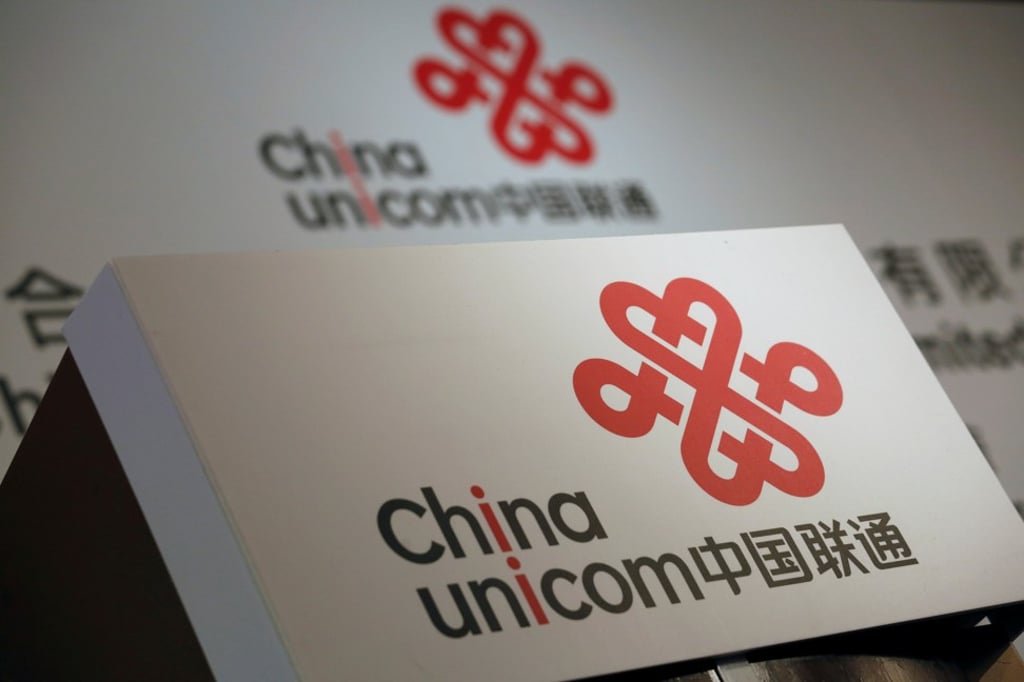Advertisement
China’s state-owned firms under pressure from foreign investors to boost transparency
- Recent moves by some Chinese state-owned enterprises to boost transparency in supply chain management caused their stock prices to jump
- Chinese consumers are dissatisfied with services of finance and retail sector SOEs, research shows, putting them under pressure to reform
Reading Time:3 minutes
Why you can trust SCMP

The increased participation of foreign investors in China’s domestic stock and bond markets is putting pressure on state-owned enterprises to increase their transparency and efficiency, but bringing them into line with global standards will take time, analysts said.
Chinese state-owned enterprises (SOEs) often serve political policy ends – such as ensuring financial stability and supporting the real economy – as much as commercial objectives. The government also maintains SOEs as a safeguard against unemployment or as a means of creating national champions that can compete with foreign multinationals abroad.
But fears over the heavy indebtedness and poor corporate competency of SOEs is rising, as shown by a series of calls by top officials and executives recently to make the business environment more transparent and fair.
Advertisement
China has pledged to end market-distorting subsidies for its domestic industries but stopped short of advocating full SOE privatisation or any significant downsizing of the state sector.

Advertisement
“In the past, implementation of [government] policies promoted economic growth, but also brought about the drawback of distortions in competition,” vice-minister of commerce, Qian Keming, said at the China Development Forum last month. “China should pay more attention to competitive neutrality and fairness so that its rules apply equally to SOEs, private [domestic firms] and foreign-funded enterprises.”
Advertisement
Select Voice
Choose your listening speed
Get through articles 2x faster
1.25x
250 WPM
Slow
Average
Fast
1.25x